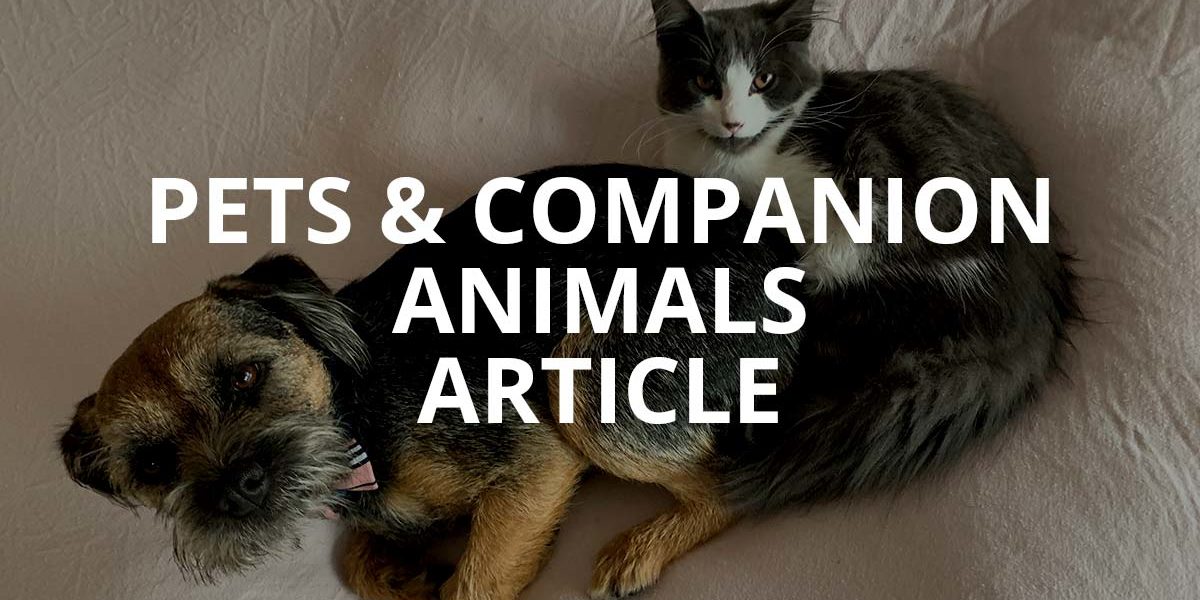Much like the human population, companion animals are becoming increasingly overweight. In New Zealand the statistics are alarmingly high and a significant proportion of the patients we see on a day to day basis are overweight.
Why should we care and why not just embrace our fuller-bodied pets? A concept that has in the past shocked clients, is that obesity is technically considered a chronic inflammatory disease. Also if we delve in a bit more it is likely one of the most prevalent iatrogenic diseases – this means it is often a disease that we directly cause. There are however a small percentage of cases where obesity is in fact related to another disease process. If this is the case often after a few questions, a physical examination and blood tests, your vet can determine if there is an underlying process that is responsible for weight gain.
Obese patients have several metabolic derangements that contribute to insulin resistance, inflammation and abnormal appetite control. These abnormalities then in turn exacerbate obesity by changing metabolic rate and fat accumulation in abdominal organs. Obesity has been associated with various other conditions that are detrimental to your pets’ health. These conditions include:
- Cardiopulmonary disease (heart and/or airway disease)
- Insulin resistance (can lead to diabetes)
- Osteoarthritis and other joint disorders like cruciate rupture
- Kidney disease
- Liver disease
- Hormonal disease
- Increased anaesthetic risk
- Pancreatitis
- Impaired immune response
Last but not least, obese patients have a shorter lifespan compared to lean animals. Let’s be honest we want our pets in our lives as long as possible!
The good news is that for the most part we can fix this “disease” that we have caused. This may seem all too simple, but in general animals become overweight when their energy intake exceeds their energy expenditure. A good place to start is a weight loss programme, however as mentioned above unless you know your pet has gained weight from overfeeding and reduced exercise, it is prudent to check in with your vet first.
WEIGHT LOSS 101:
- Exercise!! Ways to encourage weight loss for your pet other than dietary adjustment includes regular walks, food dispensing toys, chase balls or treats, underwater treadmill (FYI Hawkes Bay does have a pet hydrotherapy clinic!), swimming, dog training classes.
- Diet. A basic place to start is cutting down/out treats (table scraps are a form of treats!) and reducing the total amount fed. Consistency is also key – make sure that everyone in the family is on the same page and try and feed the same amount at the same time. There are a few very good prescription diets out there that will speed up shedding the weight. Two of my personal favourites (not for myself but for pets…) is Hills Metabolic and Royal Canin Satiety.
- Monitor weight and body condition score. Take photos of your pet from above at monthly intervals as a means of monitoring. Also try and weigh your pet regularly (weighing at the clinic is free and they often get free cuddles too!)
- Consider a change in life stage. When animals get older and when they are neutered they are more prone to obesity. So if your pet has been speyed or castrated consider adjusting the amount that you feed.
Vet Services Hastings run the Porky Pets weight loss clinic. This is a free service and involves detailed discussions, progress updates and regular weigh ins. The only thing you have to pay for is the food. If you are interested in more information please contact the clinic and ask for Yvonne or Celina.
Sharne Boys




